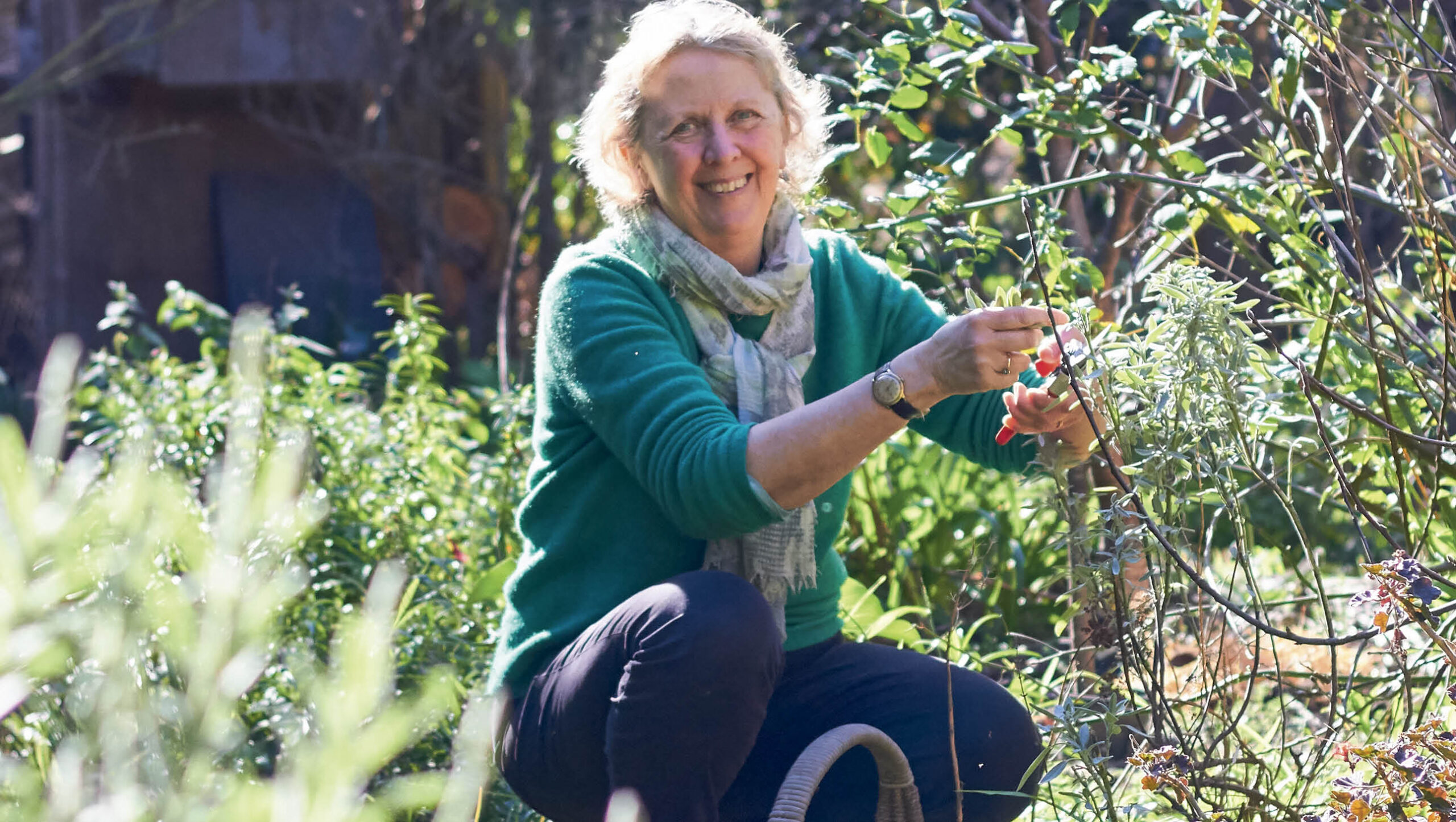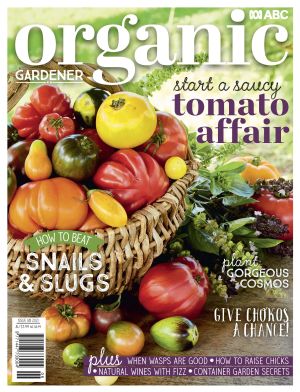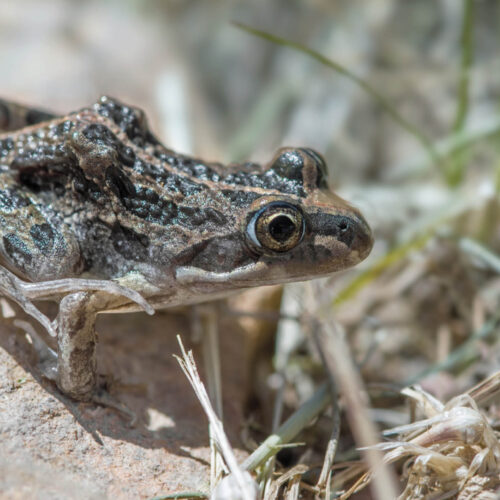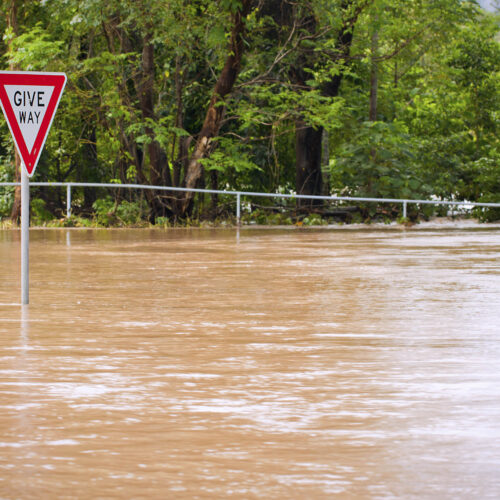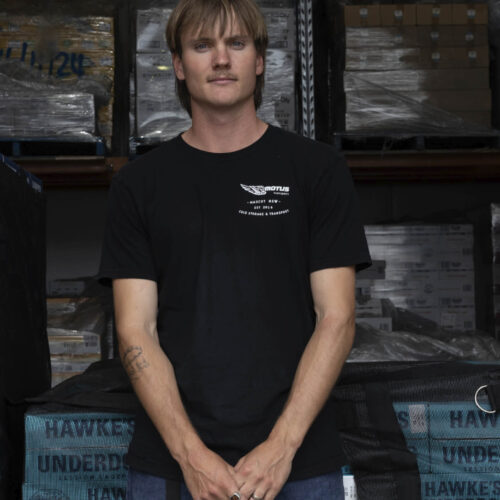Plant your garden for the planet
2022-10-05T06:18:26+11:00
Penny Woodward, who has written for OG for over 15 years and been the horticultural editor for seven, knows gardeners can make a difference.
Like so many Organic Gardener readers I worry – and at times despair – about the damage we are doing to our planet. I trained in botany and zoology and have a strong connection to the natural world, in particular our unique and diverse flora and fauna, which is disappearing due to climate change.
Like so many of you, I have lobbied politicians, installed solar, demonstrated, and worked hard with my family to reduce our consumption in every possible way. But with the recent ‘code red for humanity’ from the UN’s Intergovernmental Panel on Climate Change (IPCC) clearly stating humans are causing rapid and potentially catastrophic changes to the climate, it just doesn’t feel like I’m doing enough.
I’ve felt for a long time that if gardeners banded together we could make a difference, in the same way that Australians installing solar panels has made huge progress towards renewables replacing coal. If humans are responsible for the climate change we see today, then surely we are capable of working together to cut emissions to zero?
At a recent online talk by climate change expert Professor David Karoly, the Chief Research Scientist from the CSIRO Climate Science Centre, I asked what gardeners can do. His first reaction was, plant, preferably trees. But plant anything really. And keep planting.
I then asked if he thought gardeners could make a difference by storing carbon in our soil. Professor Karoly said many Australian soils are up to 90 per cent depleted of organic matter, and farmers and gardeners can absolutely make a big difference.
“Every tonne of carbon dioxide removed from the atmosphere and put into soils reduces global warming significantly,” he said.
So, gardeners can have a major positive impact. Every time we add organic matter (mulch, compost, shredded branches, manures, worm castings, green manure and more) to the soil, we add carbon. By harvesting, we lose some of that, but if we keep adding organic matter we’ll store much more carbon than we take out. The ultimate goal is to return all organic matter from our gardens to the soil.
Let’s choose to be hopeful and twine together as gardeners, making the choice to plant more and store more carbon in our soil – becoming a unified force towards zero emissions.
This editorial was first published in the print copy of our Spring 2021 issue (OG 128).

